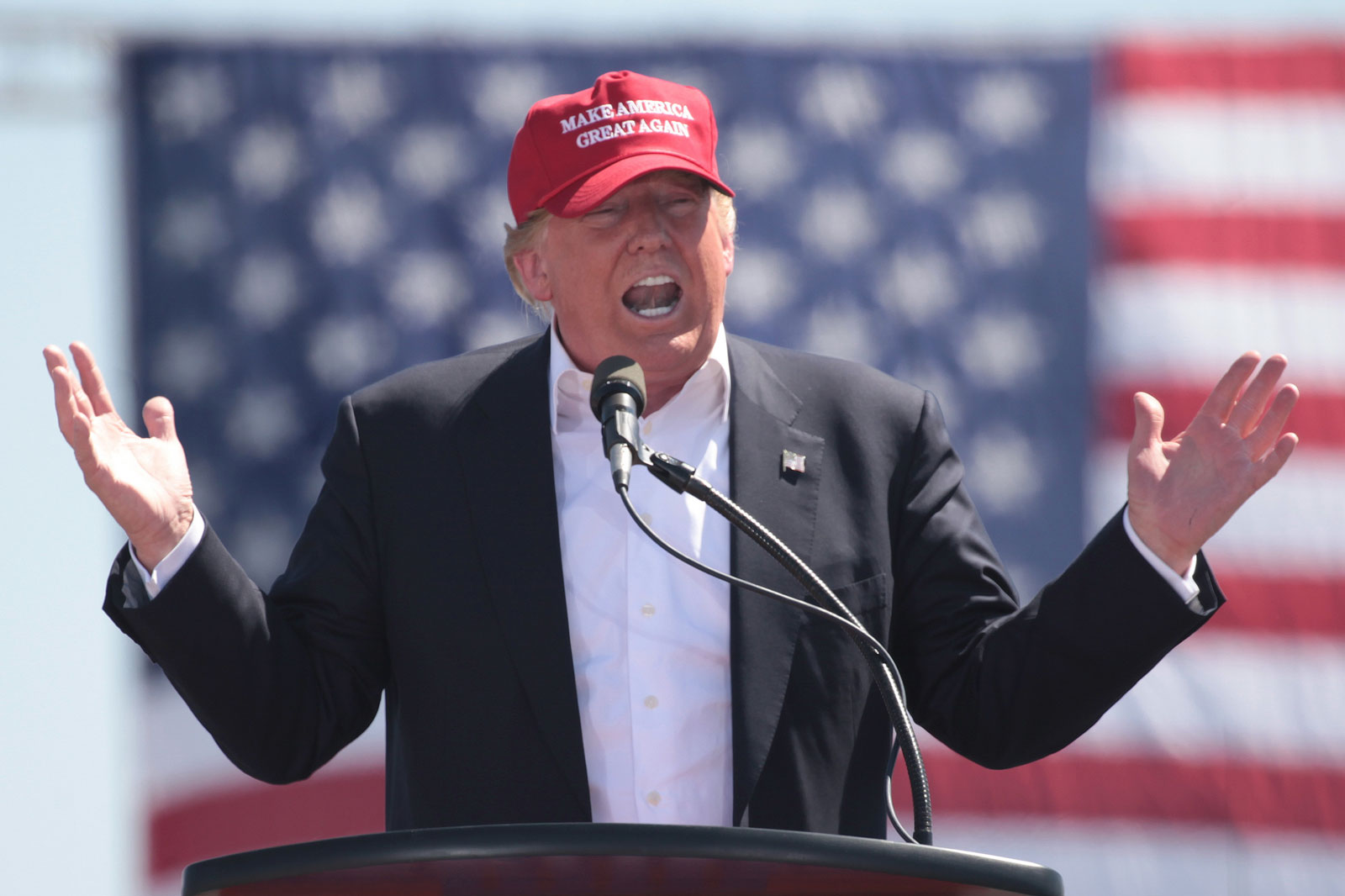The Local newsletter is your free, daily guide to life in Colorado. For locals, by locals.
In the past few weeks, Republican presidential nominee Donald Trump has both retooled his national campaign staff and made several notable appointments to his team in Colorado. Curious what Trump’s strategy might be for winning our staunchly purple swing state, we sat down with Robert Blaha—the former U.S. Senate candidate who was recently appointed to co-chair the GOP nominee’s Colorado campaign.
Blaha says his new boss’ game plan for winning electoral votes in the Centennial State reflects the candidate’s hands-off mangement style as Trump’s Colorado staffers and volunteers focus on swaying unaffiliated, Libertarian, and disgruntled Democratic voters. (The Denver Post has reported that Blaha is working for the campaign as a volunteer.) “He makes decisions and puts people in positions and says, ‘Just go figure it out,’” says Blaha, who wouldn’t reveal how many Trump staffers are working in Colorado—but said that 10 offices will be open in the state by Labor Day. The Trump campaign also hired several regional coordinators earlier this month. (For comparison’s sake, Democratic nominee Hillary Clinton has had her Colorado team in place since May.)

Blaha says the Colorado Trump campaign is employing a system of voting bloc-focused coalitions—co-chairs that zero in on demographic groups (such as veterans, millennials and Hispanics) or on issues (such as energy and natural resources). Blaha says the co-chairs have complete ownership of their work, aren’t given specific items to hit or avoid, and don’t have to report their efforts back to superiors. The campaign is also bringing in high(ish)-profile speakers, like retired Air Force major general Bentley Rayburn, to help deliver Trump’s message. “[The co-chairs] aren’t being forced to cover the same three talking points, like in a traditional campaign,” Blaha says. “They just talk about whatever the people they’re speaking with want to talk about and try to do the best job they can to answer questions about what Trump’s positions or approach would be to those topics.”
As with most presidential campaigns, a significant portion of voters is just beginning to pay close attention in the election’s homestretch. Blaha says he suspects less politically inclined folks—particularly first-time or infrequent voters who like Trump’s plans to disrupt the political status quo—will bolster the Republican’s support. Blaha says the national campaign is expected to ramp up TV and radio ads in Colorado this fall but has not received any specifics.
Trump could succeed in Colorado if he can lure unaffiliated voters, who make up a hefty third of the state’s registered voters, along with some Libertarians or disenchanted Bernie Sanders populists. To help him do that, the campaign is targeting locales where Republicans don’t typically campaign—in Blaha’s words, everywhere “from barber shops to garden clubs”—to pull in non-traditional GOP voters.
Trump will also need to improve his approval numbers with women, which Blaha says the candidate can accomplish by targeting women beyond the traditional “soccer mom” archetype: educated, in the workforce, and between the ages of 21 and 32. He says Trump’s messages on economic and job growth, less government interference, and security will resonate well with both women and Libertarian voters. He also suggests Trump could benefit in Colorado from Libertarian presidential nominee Gary Johnson’s relatively unpalatable embrace of carbon taxes, as well as from Democrats who “can’t stomach” voting for Clinton.
Despite Blaha’s sunny outlook, Clinton currently leads Trump by about five points nationally, and the most recent Colorado polls show Clinton ahead here by about 11 points. Meanwhile, support for the third party candidates that Trump needs to steal is growing, not shrinking.
Trump will be attending a private fundraiser in Colorado this week but has postponed an expected speech on immigration. During his last visit to Colorado the nominee spoke on that topic, likening Syrian refugees to killer snakes. His recent public comments have begun to soften that stance somewhat, though it’s still unclear whether the new tone will stick or is resonating yet with voters.
Although the revamped Trump campaign team still has plenty of work to do, Blaha uses one of his boss’s favorite terms to describe his own optimism. “I think the fact that Mr. Trump has been really on message now for a number of days is huge,” Blaha says. “It’s huge.”








